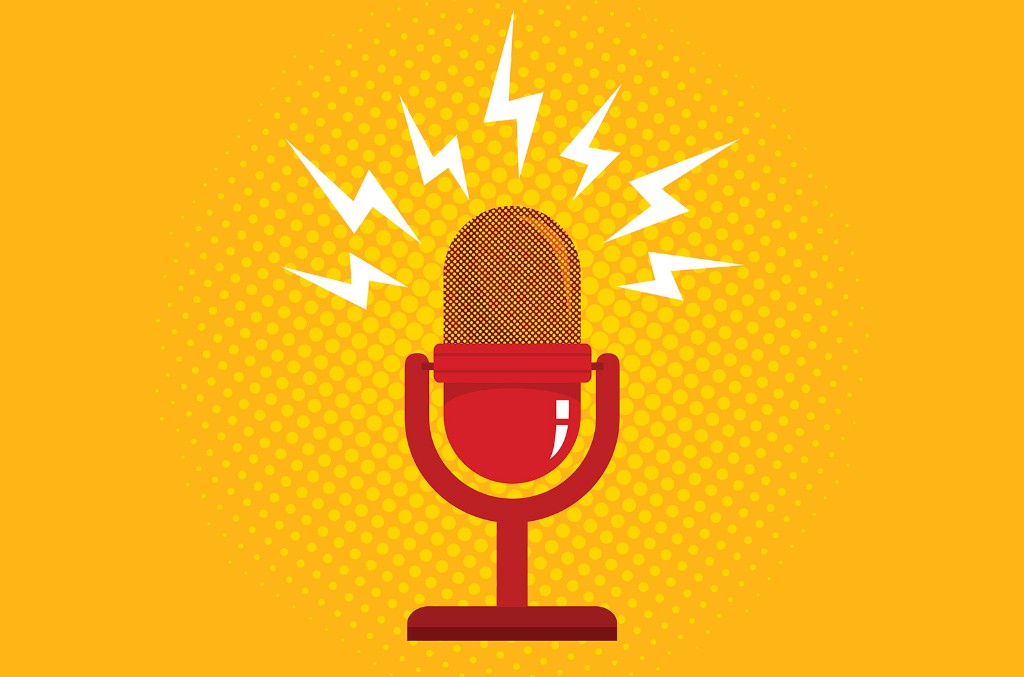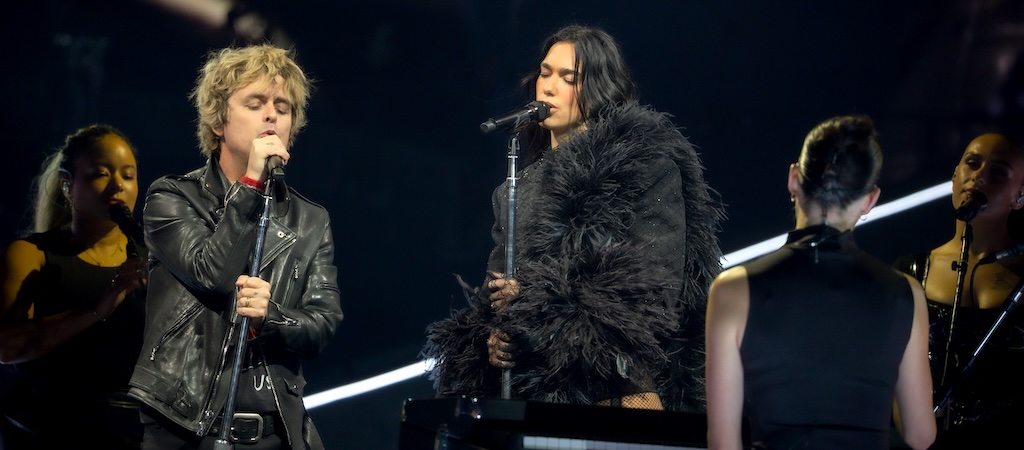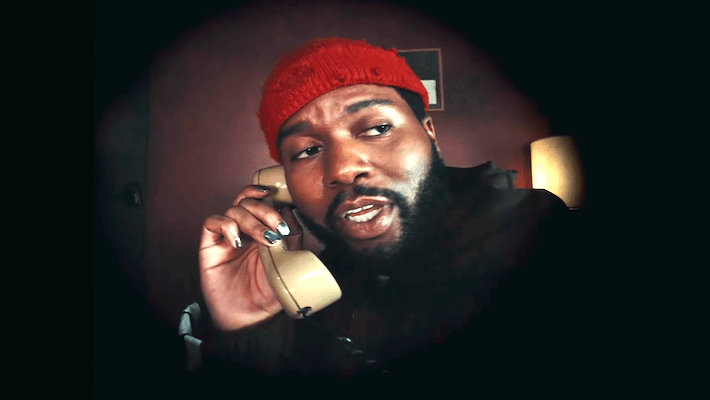After six months of review by antitrust staff, the the Justice Department offered its approval in just 30 days.
Liberty Media’s proposal to significantly expand its stake in broadcast giant iHeartMedia was reviewed by the Justice Department’s antitrust staff for six months, according to a source familiar with the potential transaction, before giving relatively speedy approval in 30 days.
Liberty will be able to buy 50% of the 850-radio-station company’s debt (amounting to roughly $2.8 billion) or common stock, the source says.
The Justice Department imposed no conditions on the purchase — unlike, say, the Live Nation-Ticketmaster merger of 10 years ago, which disallowed the new company from retaliating against venues who work with a ticketing competitor. Liberty, a cable conglomerate run by Colorado billionaire John Malone, also owns most of SiriusXM and Pandora and a third of Live Nation.
“The Department of Justice stands ready to fully enforce the antitrust laws should there be evidence of any conduct that would harm competition, including for music artists,” says a Justice Department spokesperson. “Any review of a merger filing would not excuse any party who violate the antitrust laws in the future.”
The source familiar adds that the DOJ’s aggressive recent enforcement of the Live Nation-Ticketmaster consent decree “should serve as an example.” Last December, the DOJ declared the promoter withheld concerts from venues when those venues sold tickets through a Ticketmaster competitor, and other violations, “repeatedly and over the course of several years.”
As part of its investigation into Liberty’s bid, DOJ antitrust officials interviewed numerous music-business players, including members of activist groups such as the Artist Rights Alliance. In an April open letter, these groups said Liberty’s iHeart acquisition would be a “massively overreaching effort to monopolize music radio in this country.” Ted Kalo, the alliance’s executive director, called this week’s DOJ decision “very disappointing,” adding, “We’re going to be watching what they do with their current concentrated holdings very carefully, which are still subject to antitrust scrutiny.”
“I don’t understand how these consolidations keep getting approved,” adds Richard J. Burgess, CEO of the American Association of Independent Music. “It’s really dangerous, because now you’re going to wind up with all of satellite radio, Pandora and 850 stations under one roof, plus 30% of Live Nation. The amount of leverage this gives them is unhealthy. I thought antitrust law was there to protect the public.”
But the DOJ appears to have disagreed with that point of view. “They didn’t say, ‘No, we don’t want you buying any more, because we feel you dominate too many markets already,'” says Steven Madoff, an entertainment attorney who specializes in film but occasionally works in music. “My guess is they’ve taken a broader view of the marketplace: If they limited it to radio, media, concert promotion and ticketing, then clearly Liberty has a dominant share. But if they define the market as entertainment or broadcasting, generally, then Liberty is a small player.”
Liberty’s top executives, Malone and CEO Greg Maffei, have reputations for expanding during economic downturns like the one currently imposed by the coronavirus pandemic. iHeart reps wouldn’t comment for this story, but CEO and chairman Bob Pittman told Billboard last year he has known Malone and Maffei for years and admired their “impressive collaborative relationship.”
In May, iHeartMedia adopted a “poison pill” to prevent a hostile takeover — “to protect the best interest of all iHeartMedia stockholders during the current period of high equity market volatility and price disruption,” its CFO and COO, Richard Bressler, told analysts at the time. However, a purchase of iHeart’s debt, which the broadcast company reduced from $16 billion to $5.75 billion in a bankruptcy proceeding last year, could potentially be a way around these limitations.
It’s unclear how much control Liberty might have over iHeart in the 49%-debt-purchase scenario. “It would certainly limit technical control if it’s no greater than 50%,” says Josh Hill, a Liberty investor who has followed the iHeart moves. “This would not be ideal. They can’t take out the finance department and they can’t take out the marketing, so there’s not going to be the cost [savings]. Could there be some interesting things they could still do on the joint ventures and partnerships and data-sharing and other stuff? Probably.”
Liberty, whose reps didn’t return calls and emails, has not announced when it might proceed with the purchase. Since radio advertising may still get a boost through the November election, Hill wonders if Liberty might wait until afterwards for iHeart’s value to drop even further. (Its stock has declined 50% in 2020, although it went up in the last few days.) “Just because they got the approval doesn’t mean they’re going to act right away,” Hill says.
UPDATE: This story was updated July 17 at 3:15 EST to correct Liberty’s ability to purchase 50% of iHeartMedia, it had previously said 49%.



